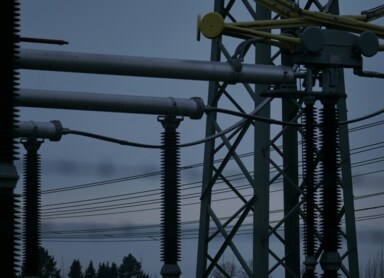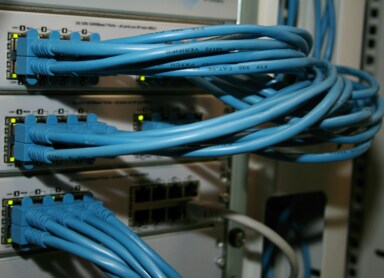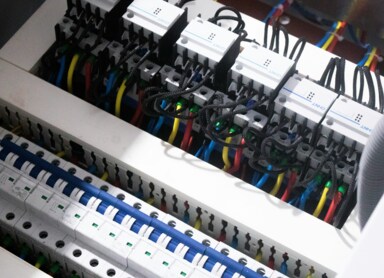Energy efficiency: a key factor for sustainable development and environmental protection
Energy efficiency has become one of the most important issues in the field of energy and sustainable development. In the face of changing economic conditions, increasing energy demand, and growing environmental awareness, energy efficiency is of paramount importance to achieve the goals of reducing pollution and greenhouse gas emissions, protecting the environment and water management, and improving resource efficiency.
What is energy efficiency?
Energy efficiency refers to the application of technologies, strategies and practices that enable energy to be used and consumed in an optimised manner. Measures taken include reducing energy losses, increasing the efficiency of energy systems and the rational management of energy resources. Energy efficiency can be applied in the industrial sector as well as in households, construction, transport and other areas where energy is used.
The importance of energy efficiency
Energy efficiency has numerous benefits, and undertaking any energy efficiency measures has a positive impact on various aspects of our lives and economy. Here are some key reasons why energy efficiency is so important:
- Reduction of greenhouse gas emissions - efficient energy use leads to less fossil fuel consumption, which in turn contributes to reducing greenhouse gas emissions and reducing the negative impact on climate change.
- Financial savings - energy efficiency reduces energy consumption, which translates into lower energy costs for businesses and households. Long-term savings can be significant, especially when investing in efficient technologies and systems.
- Improved economic competitiveness - companies that invest in energy efficiency can increase their competitiveness by reducing production costs and increasing productivity. Energy efficiency is therefore becoming a key element of business strategies.
- Improved quality of life - energy efficiency also has a positive impact on people's quality of life. Lower energy consumption translates into less dependence on external energy supplies, more stable energy prices and better air and environmental quality.
What is energy efficiency assessment?
Energy efficiency assessment is the process of examining and analysing the energy performance of systems, equipment or processes to determine how efficiently energy resources are being used. An energy efficiency assessment aims to identify areas where improvements can be made and greater efficiency can be achieved, leading to energy savings, cost reductions and lower environmental impact.
An efficiency assessment looks at energy consumption, efficiency of systems and equipment, energy losses and potential areas for improvement. The process can include:
- Energy data analysis - collecting and analysing energy consumption data, including energy bills, measurements of energy consumption and technical performance of systems and equipment.
- Energy audit - conducting a detailed technical and operational analysis of energy systems to identify areas where greater efficiency can be achieved. The audit includes inspection, measurement, performance assessment and identification of potential improvements.
- Identifying energy savings - based on the results of the analysis, specific areas can be identified where cost-saving measures can be implemented, such as upgrading equipment, improving insulation, changing production processes or optimising system settings.
- Conducting a cost-benefit analysis - the energy efficiency price includes an analysis of the costs of implementing changes and potential energy savings to assess the cost-effectiveness of energy efficiency investments.
Energy efficiency - executive summary
An energy efficiency assessment is an essential tool for energy management and energy efficiency investment decisions, and a real source of savings. It can identify the best strategies and actions that will reduce energy consumption, lower costs and protect the environment.






